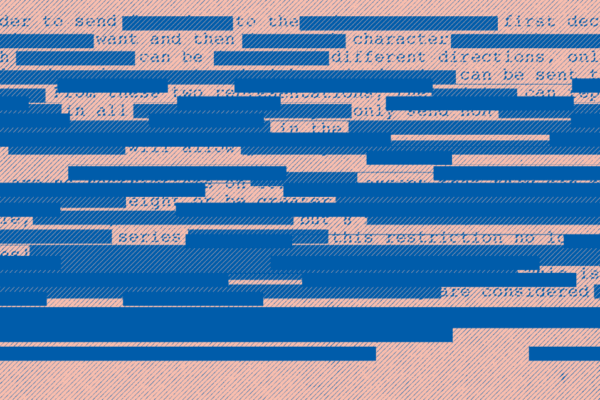PORTLAND – The Maine Supreme Judicial Court, in its first case testing the “bad faith” provision of Maine’s public records law, ruled that the Maine County Commissioners’ Association Self-Funded Risk Management Pool’s behavior was so “deceptive and abusive” that it constitutes a violation of the state’s Freedom of Access Act.
The ruling marks the first time the Maine Supreme Judicial Court has found that a government entity acted in bad faith when it denied records requested under Maine’s Freedom of Access Act. The ruling clarifies that when government actors dishonestly respond to a records request, those actions can constitute bad faith.
The American Civil Liberties Union of Maine represented the nonprofit Human Rights Defense Center in the case, appealing a FOAA denial by the Maine County Commissioners’ Association Self-Funded Risk Management Pool, a government entity responsible for covering the costs of legal settlements. The opinion affirms a Maine Superior Court decision from December 2022.
For the Court’s majority, Justice Andrew Horton wrote: “Instead of facilitating HRDC’s access to the responsive material in the Risk Pool’s possession, the Risk Pool did the very opposite, while pretending to facilitate: it mischaracterized HRDC’s FOAA request as being different and narrower than it was, ignored HRDC’s efforts to correct the mischaracterization, and deliberately withheld access to documents in its possession that clearly were responsive to the request and should have been disclosed. As we learned at oral argument, although the court ordered the Risk Pool to provide HRDC with the responsive documents, it still has not done so because it continues to maintain that they were not requested. We agree with the court that ‘the Risk Pool’s behavior was so deceptive and abusive of the FOAA process’ that an award of attorney fees based on bad faith is warranted." (paragraph 31). The Court rejected the Risk Pool’s justifications for failing to turn over records, stating: “The Risk Pool appears to proffer two reasons for failing to provide the documents in its possession reflecting payment of the settlement, neither of which withstands even cursory examination.” (paragraph 29)
In December 2022, a Superior Court Justice found that the Risk Pool had violated the Freedom of Access Act by failing to turn over the records and added that “to make matters worse, the Risk Pool has adopted absurd, blatantly untrue, and inconsistent legal positions in this litigation to avoid a ruling on the merits.”
“The documents in this case are public, and there is a strong public interest in understanding the use of taxpayer dollars and settlements stemming from allegations of misconduct in Maine jails. These documents should have been released in 2021 when they were requested,” said ACLU of Maine Legal Fellow Anahita Sotoohi. “Maine’s Freedom of Access Act has been the law since 1959, but this is the first time that bad faith has been found in a FOAA case and that attorney fees have been awarded. Establishing this standard is a significant victory for transparency and the ability of Maine’s people to hold the government accountable."
Read the ruling here or in the PDF below.
Related Content

ACLU of Maine to Argue Before State Supreme Court in Public Records Case

Superior Court Justice Sides with ACLU; Orders Documents Released Citing ‘Bad Faith’

Municipal Risk Pool: Legal Settlements Against Maine Counties

Municipal Risk Pool Ordered to Pay $130,000 in Public Records Case
Stay Informed
Sign up to be the first to hear about how to take action.
By completing this form, I agree to receive occasional emails per the terms of the ACLU’s privacy statement.
By completing this form, I agree to receive occasional emails per the terms of the ACLU’s privacy statement.
